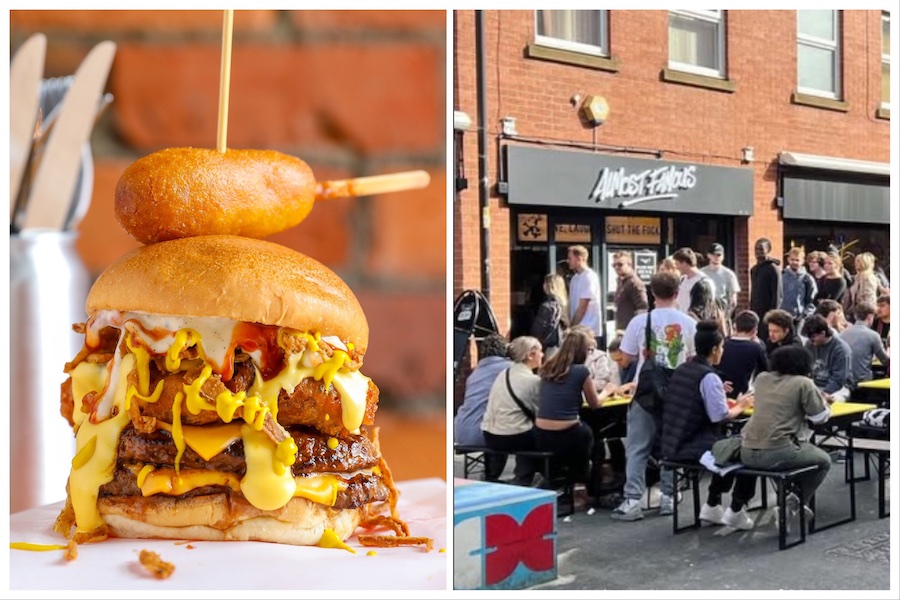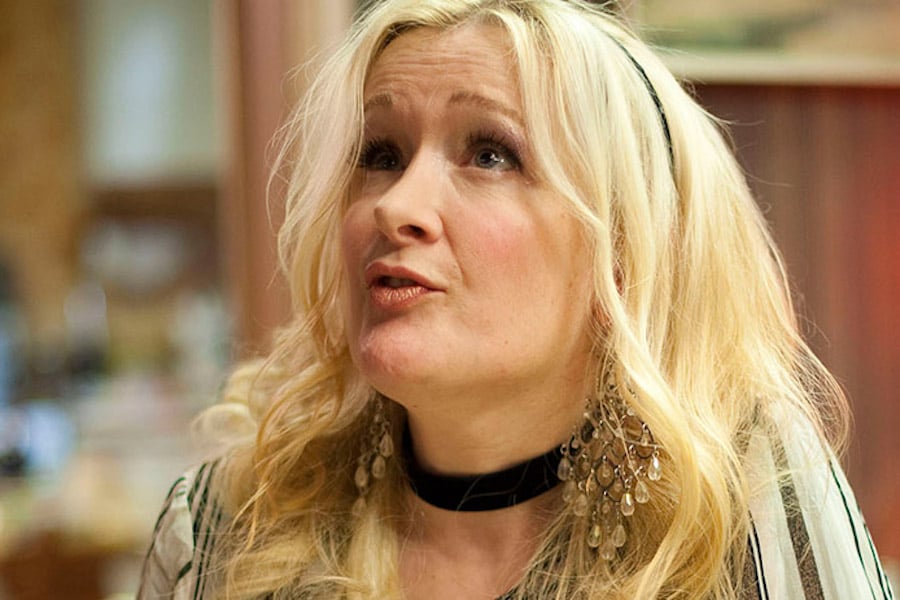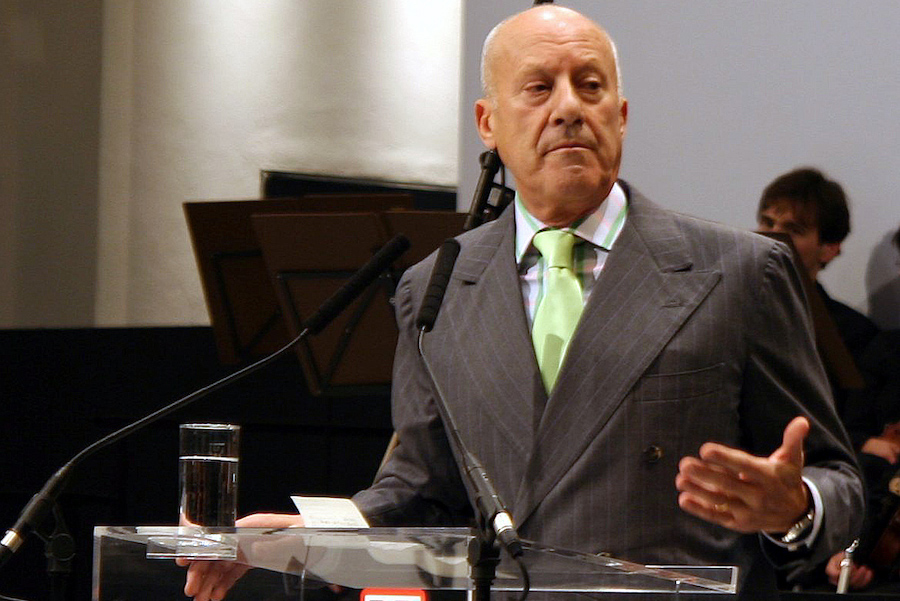1,000 miles of safe cycling and walking routes planned for Greater Manchester
- Written by Ray King
- Last updated 6 years ago
- City of Manchester, Sport, Travel & Hotels
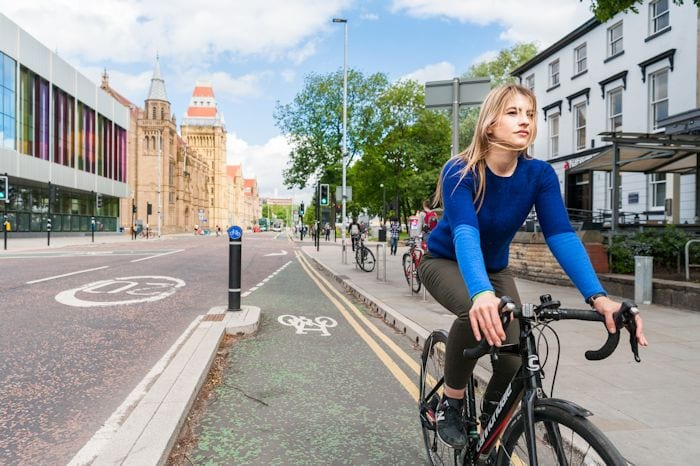
Greater Manchester’s Cycling and Walking Commissioner Chris Boardman has unveiled plans for 1,000 miles of “Beelines” – a network of safe cycling and walking routes across the city region – including 75 miles of segregated bike lanes.
Boardman, the Olympic gold medal rider appointed by mayor Andy Burnham as the city region’s cycling tsar says Greater Manchester has a once-in-a-generation opportunity to revolutionise the way we get around.
The move – a first in the UK – is aimed at tackling the obesity epidemic, air quality issues and streets clogged with polluting motor traffic during peak hours.
He said: “With congestion alone costing businesses in Greater Manchester £1.3 billion annually, we cannot afford to go on with business as usual.”
In true Mancunian style, Beelines – so called after the city’s cherished civic symbol – is a vision for Greater Manchester to become the very first city region in the UK to have a fully joined up cycling and walking network – the most comprehensive in Britain.
“This proposal sets out our vision to connect every neighbourhood and community in Greater Manchester, as well as a clear strategy for effective delivery of a network that will make cycling and walking a viable choice for those that don’t do so now,” he declared.
Crucially, the proposed network is not for people who already cycle or walk for the majority of their journeys. Its focus is to enable the two thirds of people who currently use their car as their main mode of transport, to walk or cycle.
One of the keys to unlocking walking and cycling’s potential across Greater Manchester will be building major, fully segregated cycle ways on key routes.
He said: “We can unlock the potential of our local roads and communities by providing easy crossing points, thereby unlocking opportunities to walk and cycle. These strategically-placed crossing points will feed local bike traffic into the more costly, fully-segregated routes, enabling even longer journeys to be made actively.”
The Beelines proposals will cost around £500 million, the first step in a planned investment of £1.5 billion. Mayor Burnham has allocated £160 million of the government’s Transforming Cities fund to the project’s first four years, bringing the total spend on cycling and walking in Greater Manchester to around £15 per head.
Boardman told The Guardian that he was “absolutely unapologetic” that his plans could slow down car journeys on routes already clogged with traffic.
“If you want to make people change their habits you’ve got to give them a viable alternative and in some cases that’s reprioritising streets and that’s what we are doing,” he said.
“We’ve given way too much priority to the vociferous minority [motorists]. We’ve wrongly prioritised road space.”
People in Greater Manchester make around 250 million car journeys of less than one kilometre each year – the equivalent of a 15-minute walk or a five-minute bike ride. A large proportion of these trips are school runs. In the Netherlands, 50% of children cycle to school every day – in Greater Manchester the number is less than 2%. Beelines aims to make walking and cycling the natural choice for short journeys.
Mayor Burnham said: “Greater Manchester has a long history of doing innovative things and our approach to Beelines is no different. This proposal is bold and I make no apology for that. If we’re to cut congestion and clean up our air, decisive action is needed. I want to make Greater Manchester one of the top 10 places in the world to live and it’s action of this sort which will help to deliver that promise.”
- This article was last updated 6 years ago.
- It was first published on 27 June 2018 and is subject to be updated from time to time. Please refresh or return to see the latest version.
Did we miss something? Let us know: [email protected]
Want to be the first to receive all the latest news stories, what’s on and events from the heart of Manchester? Sign up here.
Manchester is a successful city, but many people suffer. I Love Manchester helps raise awareness and funds to help improve the lives and prospects of people across Greater Manchester – and we can’t do it without your help. So please support us with what you can so we can continue to spread the love. Thank you in advance!
An email you’ll love. Subscribe to our newsletter to get the latest news stories delivered direct to your inbox.
Got a story worth sharing?
What’s the story? We are all ears when it comes to positive news and inspiring stories. You can send story ideas to [email protected]
While we can’t guarantee to publish everything, we will always consider any enquiry or idea that promotes:
- Independent new openings
- Human interest
- Not-for-profit organisations
- Community Interest Companies (CiCs) and projects
- Charities and charitable initiatives
- Affordability and offers saving people over 20%
For anything else, don’t hesitate to get in touch with us about advertorials (from £350+VAT) and advertising opportunities: [email protected]
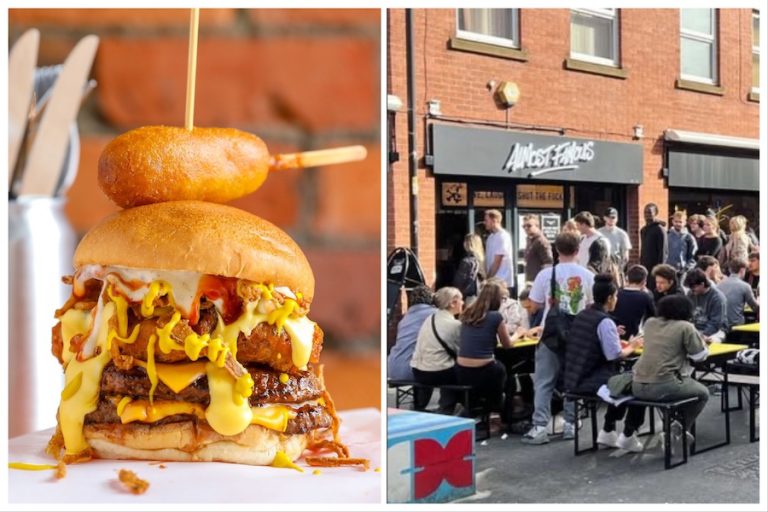
Almost Famous brings back its most legendary burger – for one month only
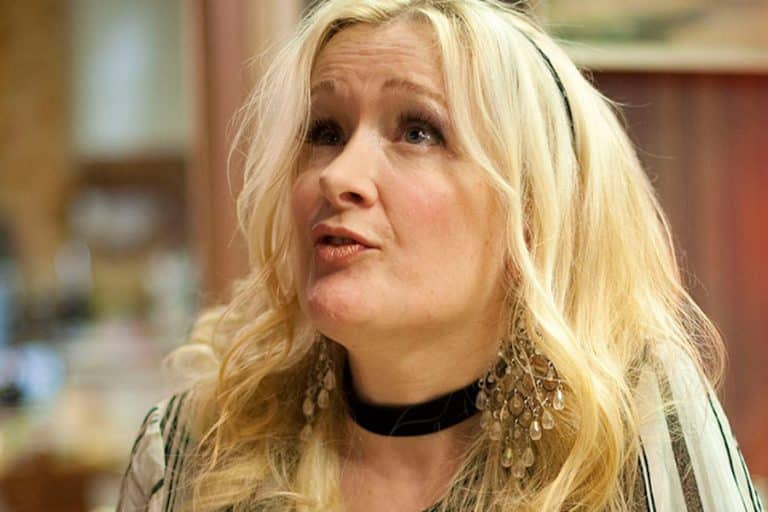


The world-renowned Mancunian architect behind Old Trafford’s future

Manchester United reveal plans for new 100,000-seater stadium – set to be UK’s biggest










